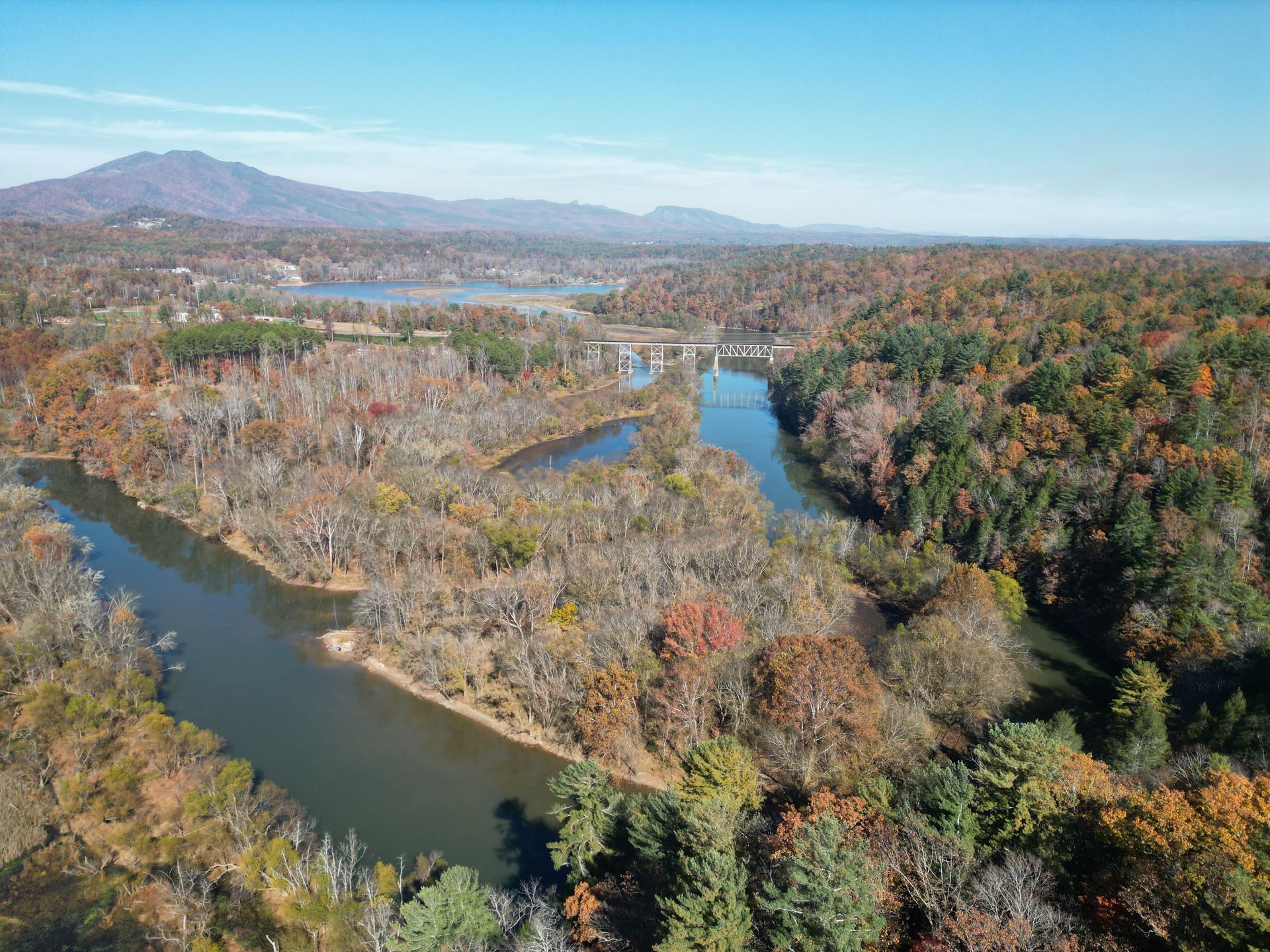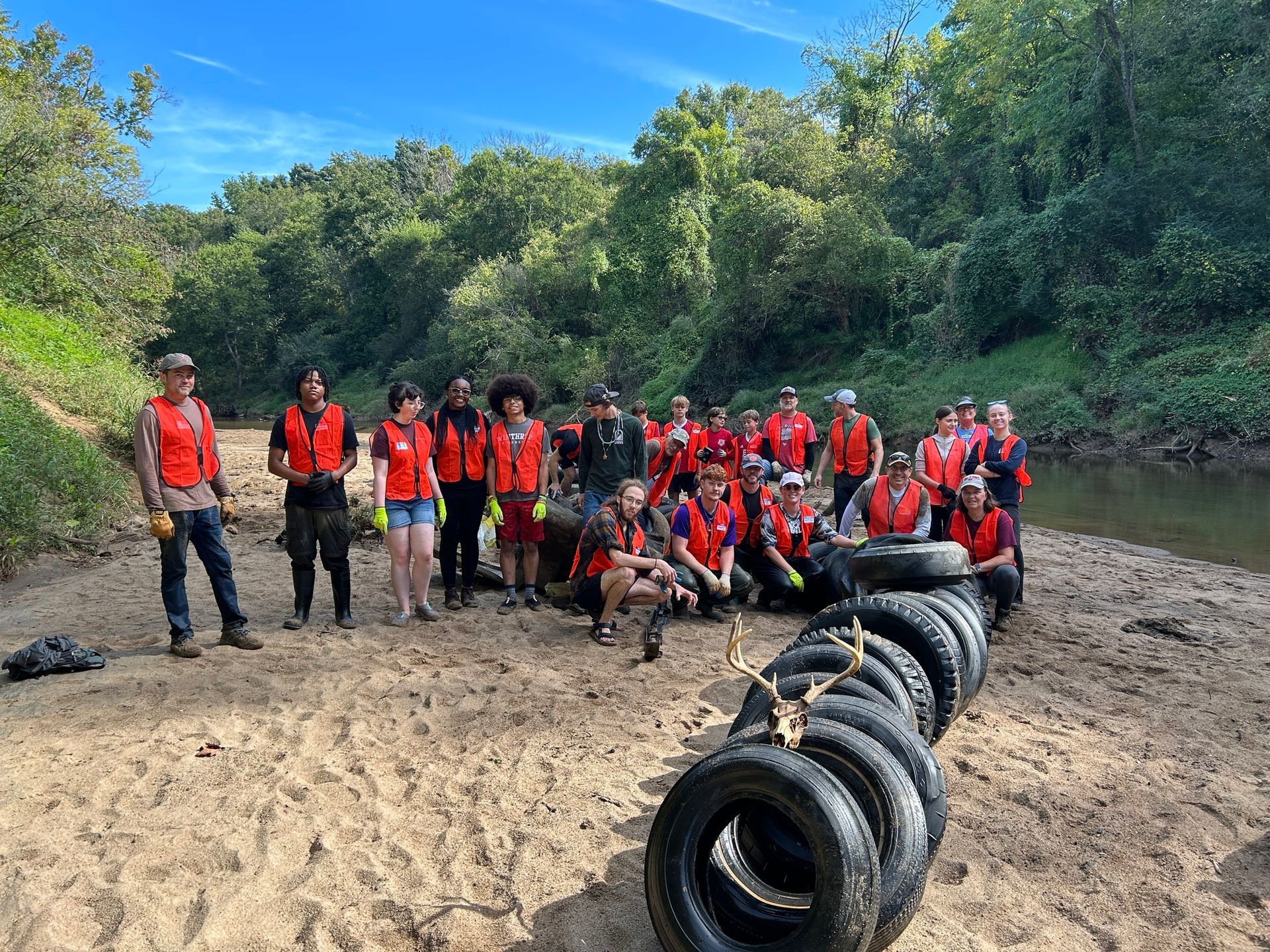2022 Education Impact
Education is the foundation for future Riverkeepers
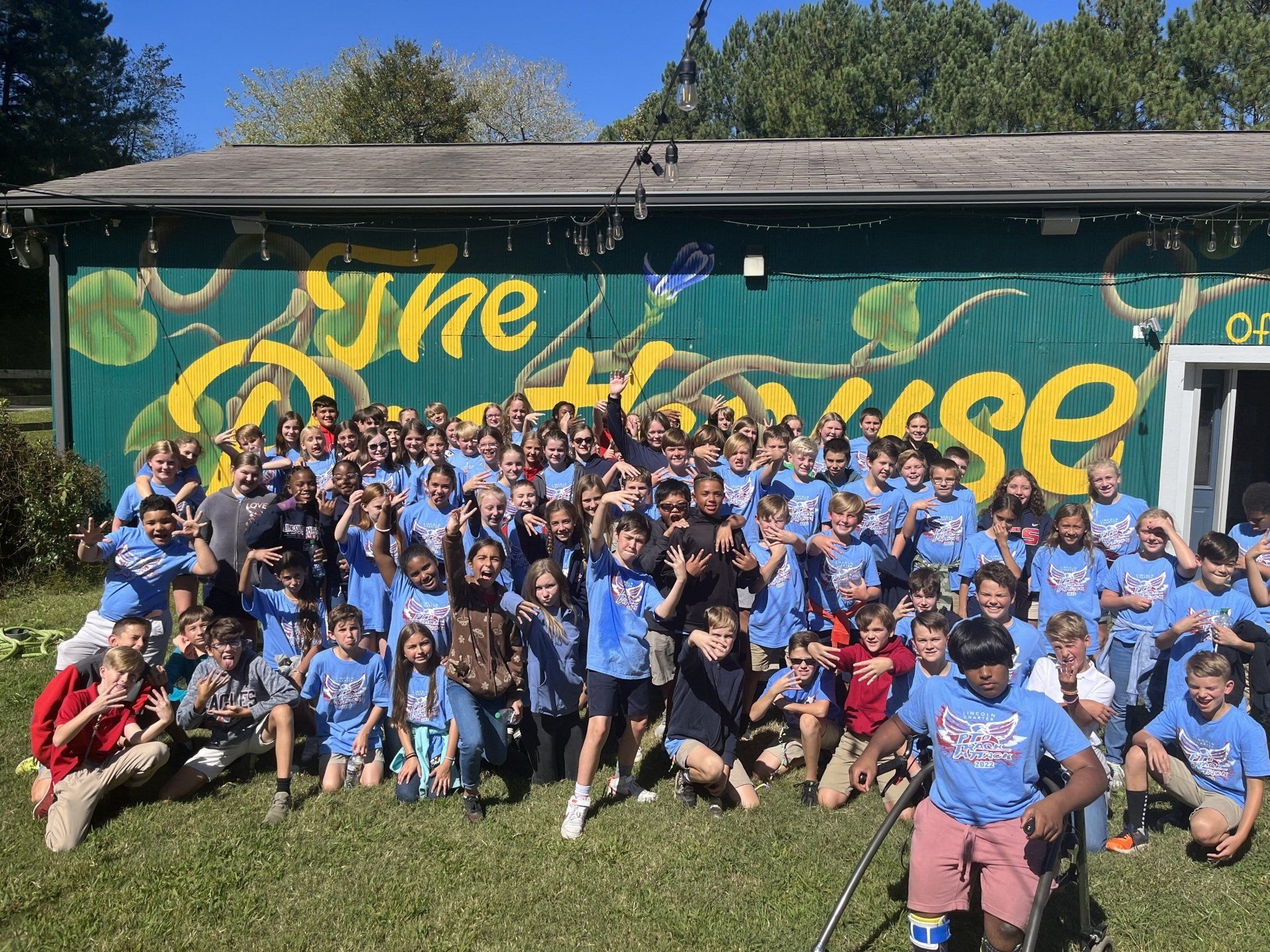
2022 has marked the most active year in education for Catawba Riverkeeper to date. Under the leadership of Education Manager Morgan Long, our team of support staff, educators, and volunteers have served nearly 2,500 individuals with over 5,400 hours of educational programming.
Young people continue to be the primary focus of our educational programming as we believe that teaching today’s youth about their waterways and how they can preserve, protect, and restore them is our best hope for fishable, drinkable, and swimmable waters in the future. 1,888 students in grades K-12 have participated in educational programming at Catawba Riverkeeper this year for nearly 4,800 hours. Programs for youth include a variety of offerings, including our field trip programming, which has seen a significant increase with the opening of our classroom at the new headquarters. The highlight of our 2022 field trip programs was a visit from the entire 6th grade from Lincoln Charter School (106 students)! In addition, our summer camp and Saturday morning summer education programs were popular again this year and our staff also went onsite with several groups to meet them where they are and deliver valuable water quality education programming.
The centerpiece of our educational programming for young people is our CREEK Program. CREEK stands for Community Resources in Education, Engagement, and Kayaking and focuses on bringing water-based education and experiences to underserved communities around the Catawba-Wateree River Basin by working with existing programs to supplement their offerings. CREEK is completely underwritten through generous contributions by Crescent Communities, The Blumenthal Foundation, and Truist. In 2022, we increased the number of participants we served by 58% to 203 and delivered over 800 hours of programming through our 5 community partners.
Last, but not least, our adult education programs have also been a huge hit in 2022. Led by our Riverkeeper Learning Series, which is underwritten by Xylem, nearly 600 adults have participated in educational programming about water related topics ranging from the history of the Catawba to the importance of clean water for great beer. To learn more about the Riverkeeper Learning Series, CLICK HERE.
If you are interested in getting your school, group, or children involved in any of our education programs or if you are interested in being a volunteer educator, email Morgan Long for more information: morgan@catawbariverkeeper.org
Video Recap from Education Manager Morgan Long


